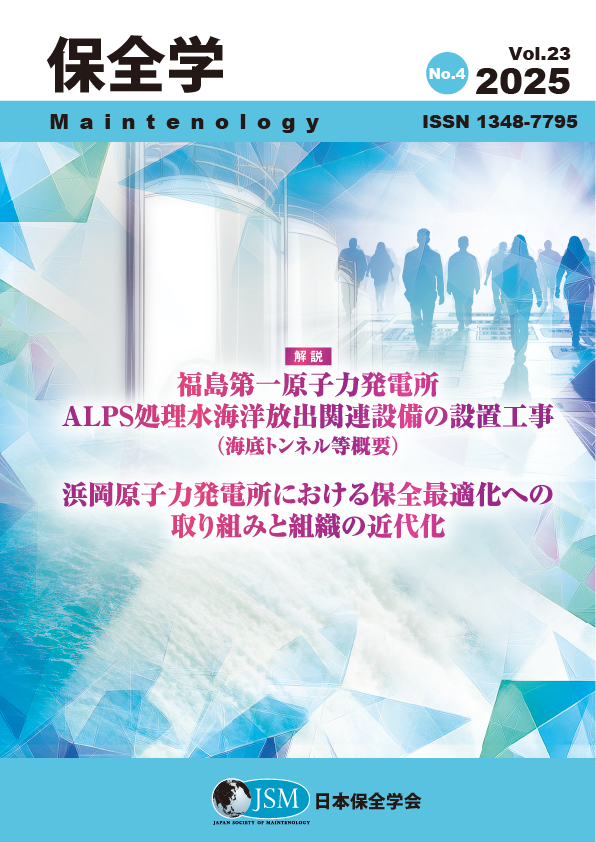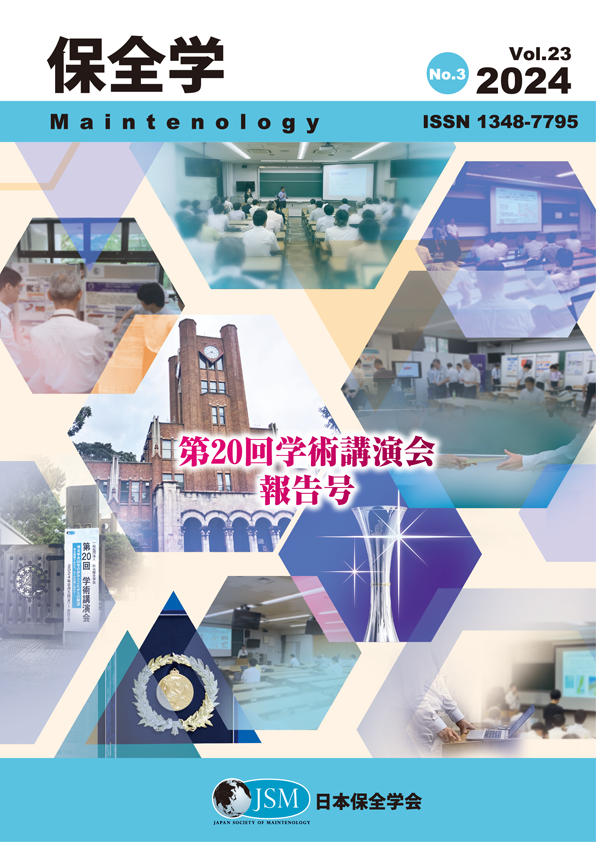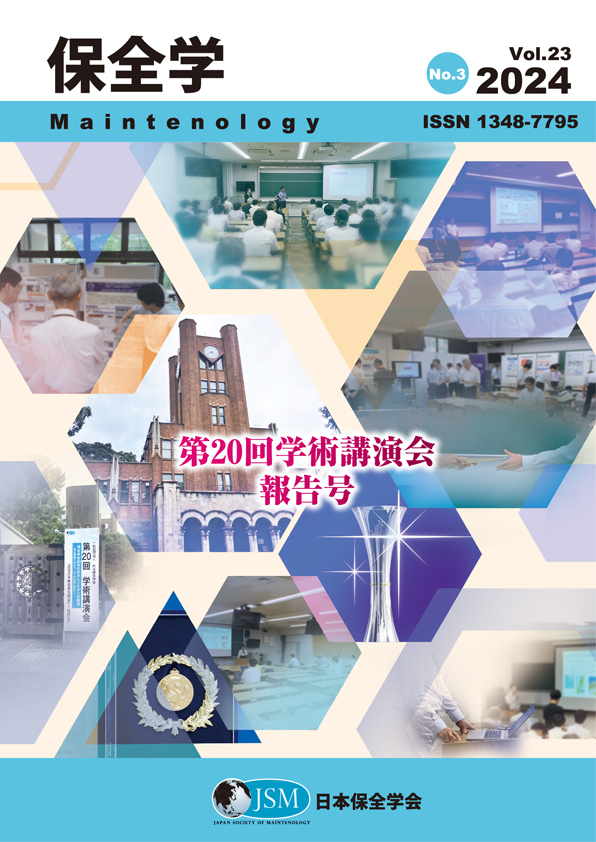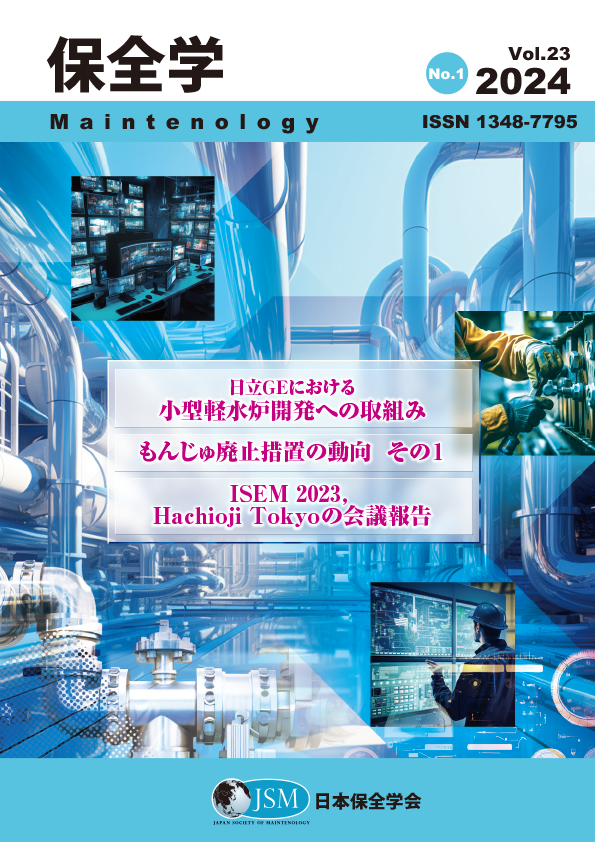ウォータジェットピーニング施工材の実機環境下における残留応力緩和挙動 ― Ni 基合金に対する応力改善効果の長期安定性評価(第 1 報)―
Relaxation behavior of residual stress generated by water jet peening under operation temperature environment ― Evaluation for long term stability of residual stress improving treatment on Ni base alloy (report 1) ―
著者:
于 麗娜 Lina YU 才田 一幸 Kazuyoshi SAIDA 西本 和俊 Kazutoshi NISHIMOTO 千種 直樹 Naoki CHIGUSA
発刊日:
公開日:
FWHMHardnessKineticsNi-based alloy 600RecoveryResidual stressWater Jet Peening
概要
In order to prevent primary water stress corrosion cracking (PWSCC), water jet peening (WJP) has been used on the welds of Ni-based alloys in pressurized water reactors (PWRs). However, the compressive residual stresses induced by WJP might be relaxed during the actual operation because of the elevated temperature environment. Therefore, the stability of the compressive residual stresses caused by WJP has been investigated during thermal aging. The result shows that the compressive residual stresses has relaxed in the surface layers after thermal aging, together with the hardness reduction. Furthermore, the compressive residual stress relaxation was found to have a correlation relationship with the decrease rate of Full-Width at the Half Maximum (FWHM) of X-ray diffraction patterns and hardness, which followed the Johnson?Mehl kinetic equation. The estimated activation energy stated that the relaxation behavior of the residual stress is occurred due to the recovery of plastic strain.





